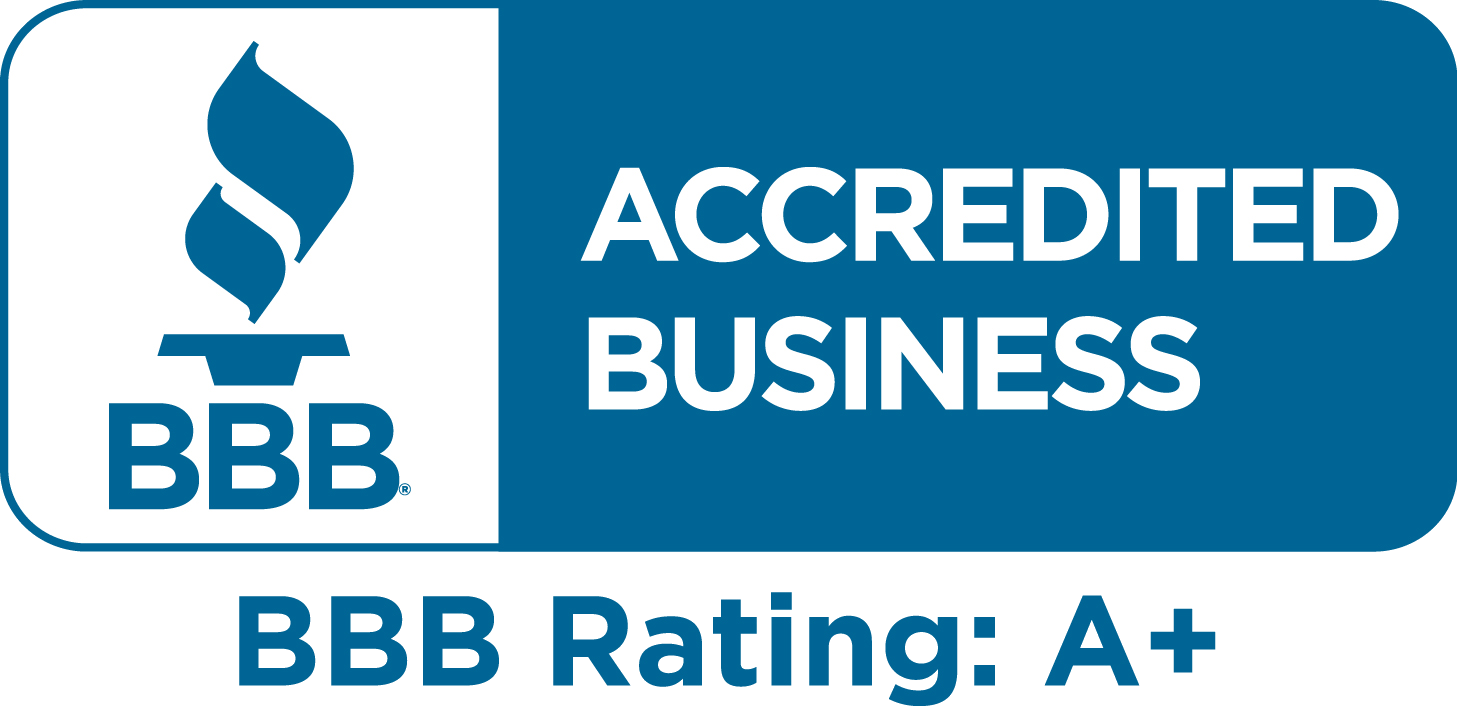Minimum Income Requirements
Are There Minimum Income Requirements for Buying a Home?
Understanding Minimum Income Requirements for Buying Your First Home
Buying a house is a big step, and it can feel a little overwhelming, especially if it’s your first time. One of the most important things to think about is how much money you need to make to afford a house. This is called the "minimum income requirement." Let’s break it down in simple terms.
What is a Minimum Income Requirement?
When you buy a house, you usually get a loan from a bank to help pay for it. This loan is called a mortgage. The bank wants to make sure you can pay back the loan, so they check how much money you earn. The minimum income requirement is the smallest amount of money you need to earn each year to qualify for the mortgage.
How Do Banks Decide the Minimum Income Requirement?
Banks look at a few things:
- The Price of the House: Expensive houses need bigger loans, so the more expensive the house, the more income you’ll need.
- Your Down Payment: This is the money you pay upfront. If you can pay more upfront, you might not need to borrow as much money.
- Monthly Payments: Banks check if your monthly mortgage payment fits into your budget. They usually want your housing costs to be no more than 28% of your monthly income.
- Taxes and Insurance: Homeowners have to pay property taxes and home insurance. These costs are added to your monthly mortgage payment, so banks include them when calculating how much you can afford.
- Current Mortgage Rates: The interest rate on your loan affects your monthly payments. Higher rates mean higher payments, so banks consider this when determining your income needs.
- Homeowner’s Association Fees: Some homes, especially in neighborhoods with shared amenities, require HOA fees. These are added to your monthly housing costs and need to be factored into your budget.
- Other Debts: If you have other loans or credit card bills, the bank will make sure you can afford those too.
- Credit Score: This is like a report card for how you’ve handled money in the past. A better credit score can help you get a better loan.
How to Estimate Your Minimum Income Requirement
Here’s a simple example: (all numbers and amounts are estimated)
- Imagine you want to buy a house that costs $250,000.
- You have saved 3% for the down payment, which is $7,500. That means you need a loan for $242,500.
- Let’s say your monthly costs include:
- Mortgage payment: $1,250 (estimated based on a 7% mortgage rate)
- Property taxes: $250
- Home insurance: $200
- Mortgage insurance: $100
- HOA (home owners' association) fees: $100
- Adding these together, your total monthly payment is about $1,900.
- The bank wants your housing costs to be no more than 28% of your monthly income. To find out how much income you need, divide the estimated amount of $1,900 by 0.28. That’s about $6,786 per month, or about $81,430 per year.
Remember, this is just an example. Different houses, property taxes, insurance costs, and mortgage rates will change these numbers.
Tips for First-Time Home Buyers
- Save for a Down Payment: The more you can save, the easier it will be to qualify for a loan.
- Research Taxes and Insurance: Find out how much these will cost in the area where you want to live.
- Factor in HOA Fees: If the home has an HOA, make sure to include the fees in your budget.
- Pay Down Other Debts: Less debt means more money available for your mortgage.
- Check Your Credit Score: Make sure it’s in good shape before applying for a loan.
- Get Pre-Approved: Talk to a broker, like me, to see how much you can afford before you start house hunting.
More Cool Tips for First-Time Buyers
- Look for First-Time Buyer Programs: Many cities and states and lenders offer programs that help with down payments or offer special loans.
- Budget for Moving Costs: Don’t forget to set aside money for moving expenses, new furniture, or repairs.
- Think Long-Term: Consider how long you plan to stay in the house. A shorter stay might mean renting makes more sense.
- Inspect Before You Invest: Always get a professional home inspection to avoid costly surprises.
- Create a Home Wish List: Write down your must-haves and nice-to-haves before you start shopping to stay focused.
Buying a house is an exciting adventure! By understanding how much income you need, planning for taxes, insurance, and HOA fees, and keeping an eye on mortgage rates, you’ll be one step closer to finding the perfect home for you and your family.

Equal Housing Opportunity

Useful Links
Contact Info
Office: 4967 NE Goodview Cir STE B, Lee's Summit, MO 64064 | Remote Availability: Leavenworth County, KS, United States of America
(913) 705-0049
NMLS #2249004 | Brokerage Copeland Mortgage Co. DBA Summit Lending NMLS #1850081
https://nmlsconsumeraccess.org/
This page is the property of Journey Marketing, LLC. All content is the property of Journey Marketing, The Huntress Home Loan Pro, and Theresa Rolen. Some content is also from Copeland Mortgage Company doing business as Summit Lending. None of the content should not be considered the property of any one else or any other company. You may not use the content on this page without express written permission from the company or companies that have their content and copywrited materials on this page.
All Rights Reserved | The Huntress Home Loan Pro | Privacy Policy








